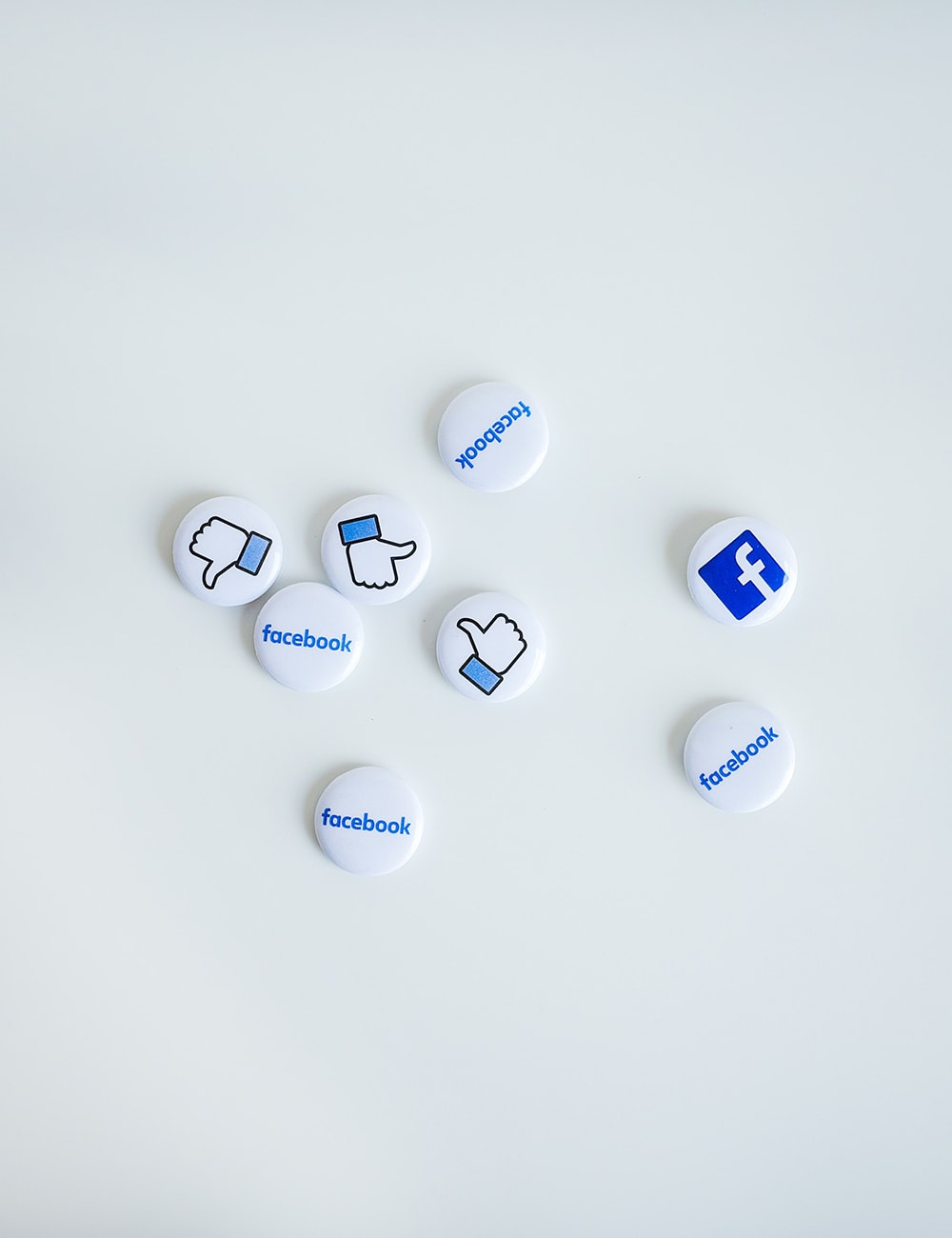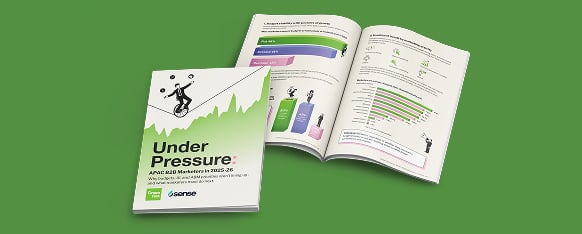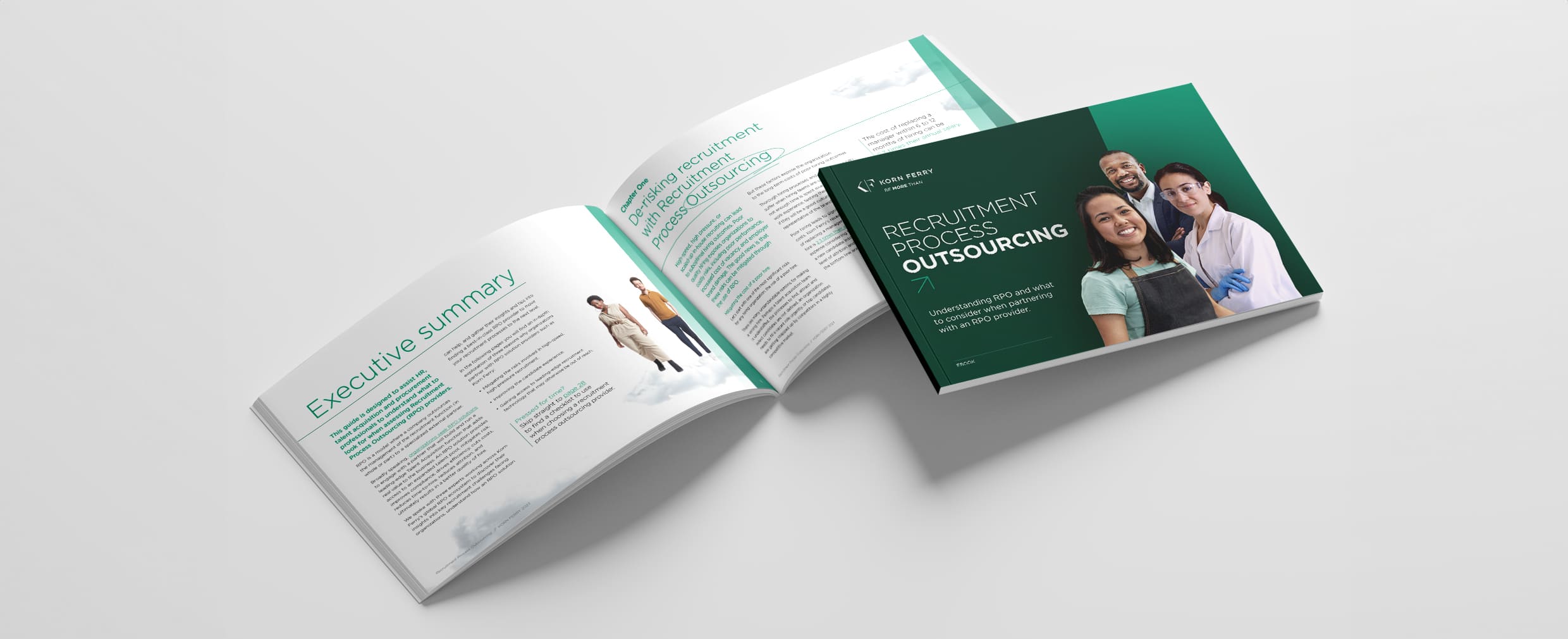When you’ve invested in social media for your B2B brand, it makes sense that you would want to put your finger in all the pies to fuel further social growth.
One good way to do this is by setting up a Facebook Group for your customers to interact and learn more about your product or service – and why not, when Facebook Groups are a super-powered way of communicating directly with customers and creating a community around your brand.
They provide a place where customers are encouraged to speak about your products, ask questions and provide feedback. As such, customers tend to feel more comfortable speaking about your products in a Group rather than directly on your Facebook Page.
As a bonus, organic reach can grow significantly as active Group members will get notifications of new posts – Facebook also has a separate feed showcasing recent posts from the Groups you’re a member of.
Groups are also a great way to discover influencers and gain insights about your customers. Much like Pages, they provide stats on engagement, information on top contributors and Group demographics.
They are also easy to set-up and get going with just a few clicks within Facebook.
So I bet you’re thinking, “Facebook Groups sound great, I’ll set one up right now!”
But wait a moment. You only get one chance at launching your Group and getting a solid start will keep the momentum building. A rough start can see a Group quickly slip off people’s radar, and sink to the bottom of their Group feed and into obscurity.
To get the best start possible, you need a strategy. Below are some questions that, once answered, will ensure your Group has the best possible chance at success. They might seem a bit overwhelming, but just tackle them one at a time. And if you need a hand, give us a call.
What is the purpose of this Group?
- How will you measure success?
- Who is this Group for?
- What value will it provide for the user?
- What value will it provide for your brand?
- What will differentiate you from competitors? e.g. similar Facebook Groups, forums etc
How will you attract members to the Group?
- Will you run a paid campaign to attract people to the Group?
- Will you provide an incentive to join the group?
- Do you have a list of current customers to invite?
What content will you post to the Group?
- What sort of content will you post to the Group?
- How will the content you post to this Group be different from the content you post to your page?
- Who will be responsible for planning, creating and posting content to the Group?
What content will members post to the Group?
- How will you promote members to post content?
- Many posts may be specific questions about your products, how and who will answer these? Be aware Group members will likely provide their answers and opinions on these questions too.
- What rules for content will you have in place?
- How will you set expectations for what is appropriate for posting and your policy towards the Group in general?
Who will moderate the Group?
Auto-moderation will remove posts with flagged keywords, but everything else is manual.
- How many hours per day are you willing to dedicate to community management if the Group takes off?
Public vs. Closed Groups
The only other option you may want to consider is whether you want your Group to be Public or Closed.
Public Groups will net the most reach since posts, stories and comments can be viewed by anyone and members activity will appear in their friends’ feeds. They are searchable within Facebook and anyone can request to join.
Closed Groups are very similar, however, only members of the Group can view the posts within. They feel less like another public space within Facebook where your mum can see everything you post, and more like a separate community. This can lead to members feeling more comfortable posting and commenting. It also allows you to post exclusive content and offers for members.
The setup
Once you can answer these questions, then comes the setup. This is fairly straightforward process, just ensure you set up your Group using your brand Page, not your personal profile.
Well-planned Groups can be a fantastic way to engage with your audience and build brand loyalty. There can be a lot of work that goes into planning and management, but the payoff can be worth the investment. Here’s a personal example of my own.
I’m a member of a couple of home brewing Groups on Facebook, however, I only check one regularly these days and it was set-up by a home brewing supply brand. The Group members post everything from memes to recipes, but the majority of posts ask questions and provide answers on ways to get the most out of the products sold by the brand.
Members also ask a lot of questions, many of these might have once been emailed through to customer service or via Facebook Messenger. However, the majority of these questions are easily answered by the community itself. It’s rare to see Group admins having to answer basic product questions these days.
The Group admins post product updates, tips, requests for product feedback, offers (some just for Group members) and they participate in Group discussions and provide professional advice.
I no longer shop anywhere else.
If you’re looking to set-up a Facebook Group for your brand and would like any assistance. Drop us a line!

 Strategy
Strategy Social Media
Social Media





